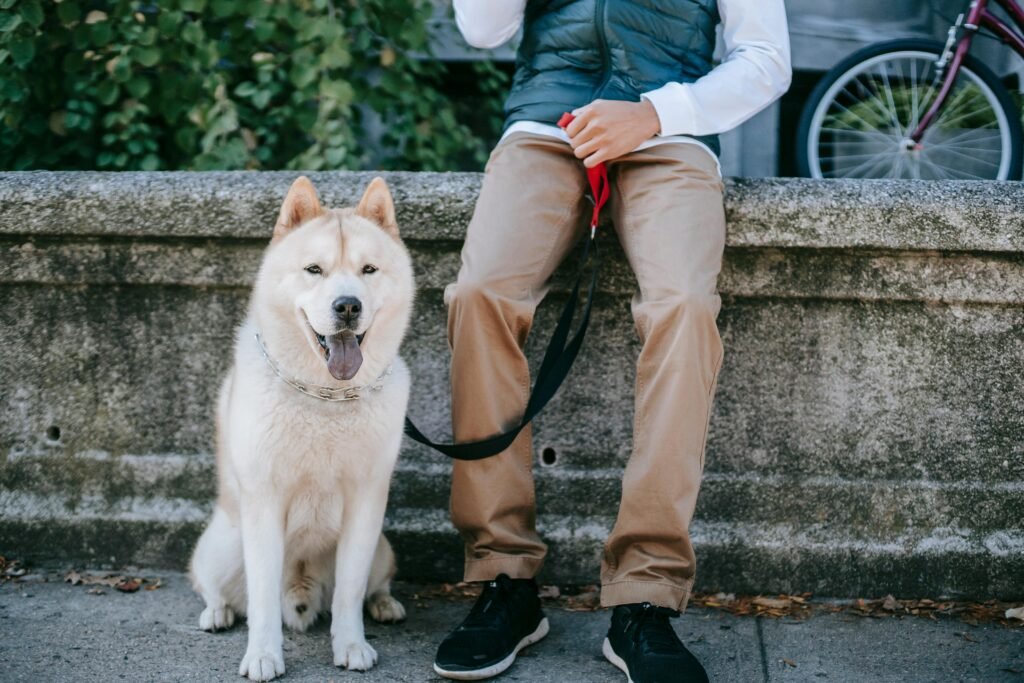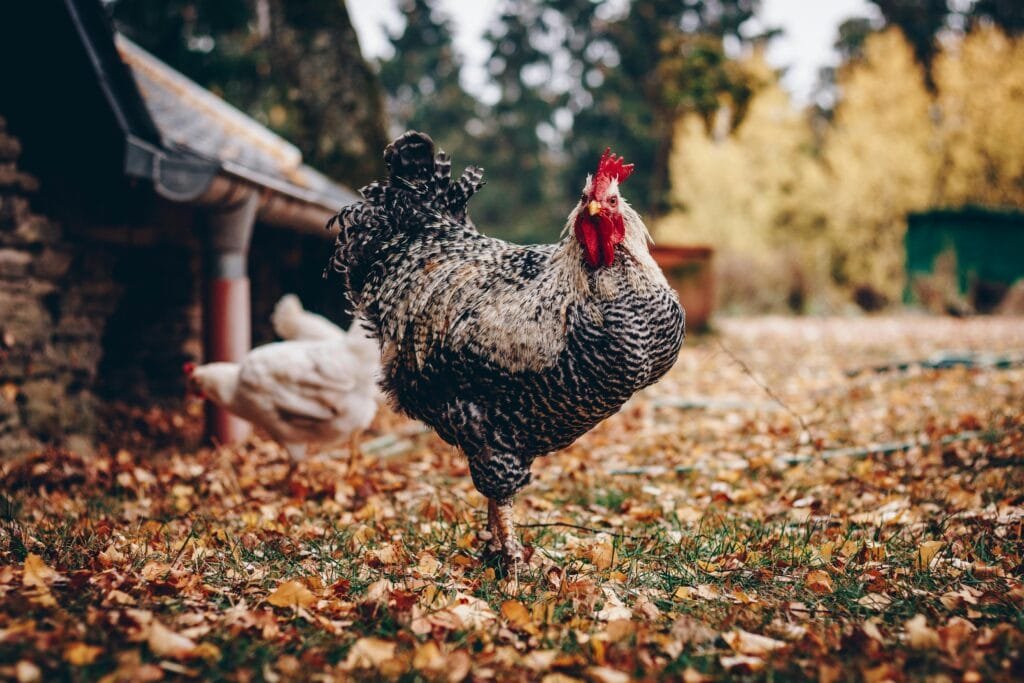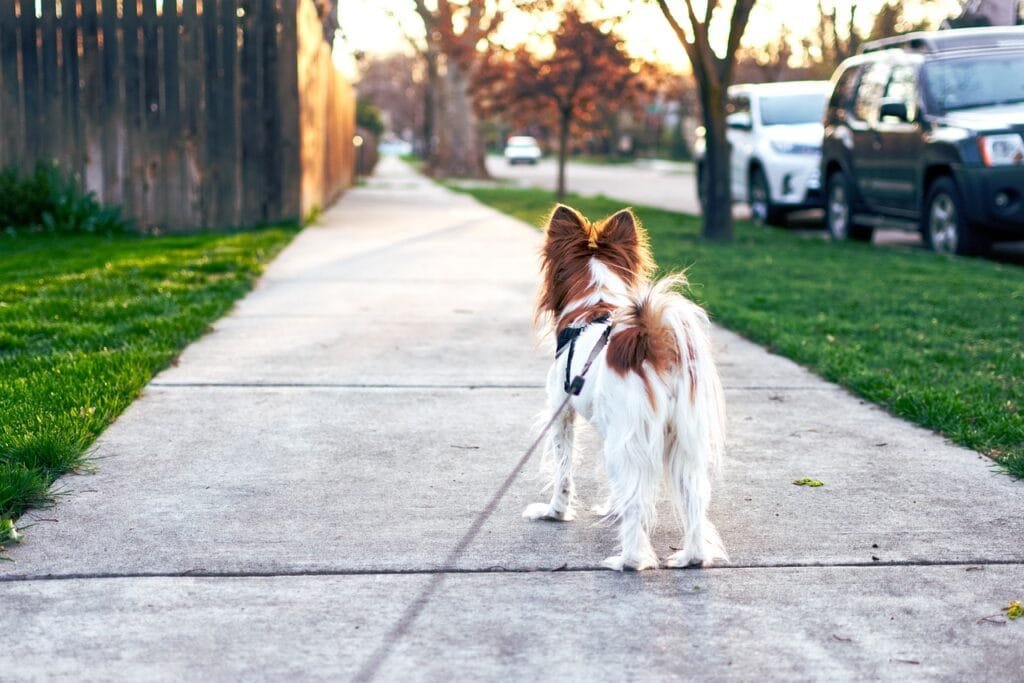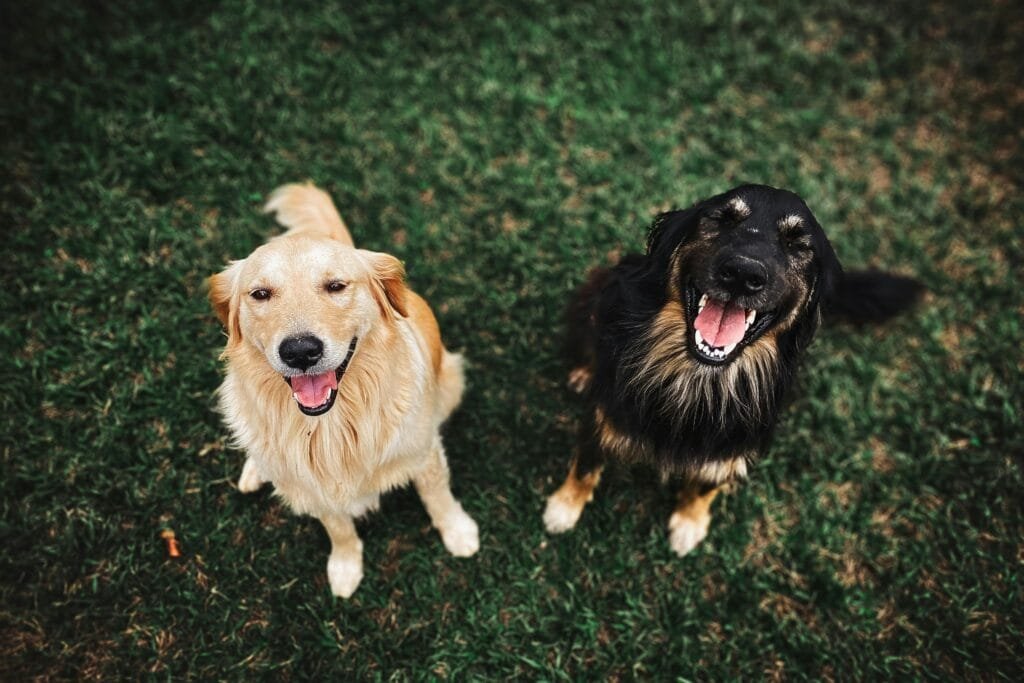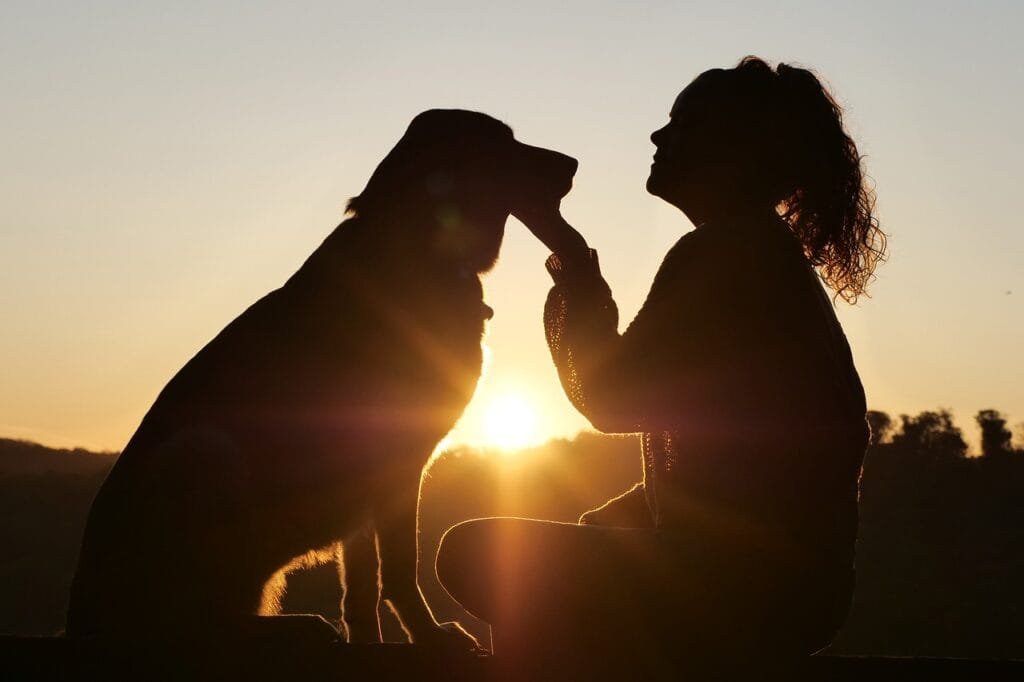Dog Learning and Behaviour Science
Dog learning and behaviour science helps explain how dogs take in information, process experiences, and develop habits over time. Understanding these principles allows guardians to train more effectively, respond to challenges with empathy, and support long-term behavioural wellness. This category translates scientific concepts into clear, practical guidance you can use in everyday life.
You will find posts that explore how reinforcement works, how dogs form associations, how emotions influence behaviour, and how cognition affects decision-making. These topics are grounded in current learning theory and behavioural science but written for dog guardians who want useful, down-to-earth insights. No academic background needed.
Dog learning and behaviour science also gives you tools to troubleshoot problems in a thoughtful, humane way. Whether you are working on recall, managing reactivity, or shaping new skills, these principles help you make training more effective and less frustrating. By understanding how dogs learn, you can adjust your methods to suit their needs and support clearer communication.
At Belle and Bark, we believe that good training is built on a foundation of education and compassion. Behaviour is not random. It reflects how dogs experience the world and what they have learned over time. This category helps you tap into that process in a way that supports real progress.
Explore this category to learn how dog learning and behaviour science can strengthen your training, deepen your relationship, and improve your ability to guide your dog with confidence and care.

